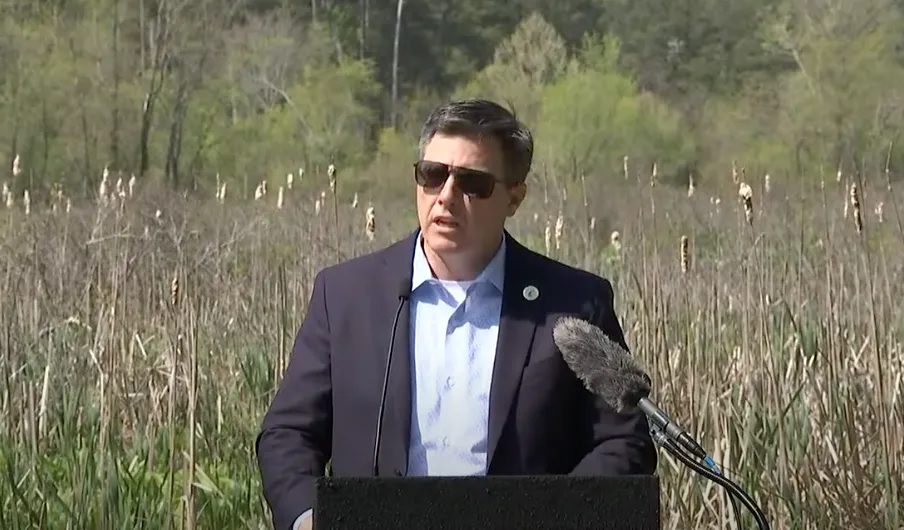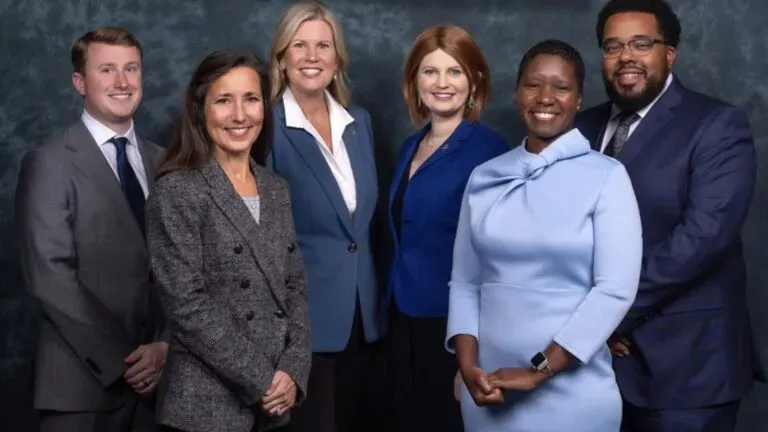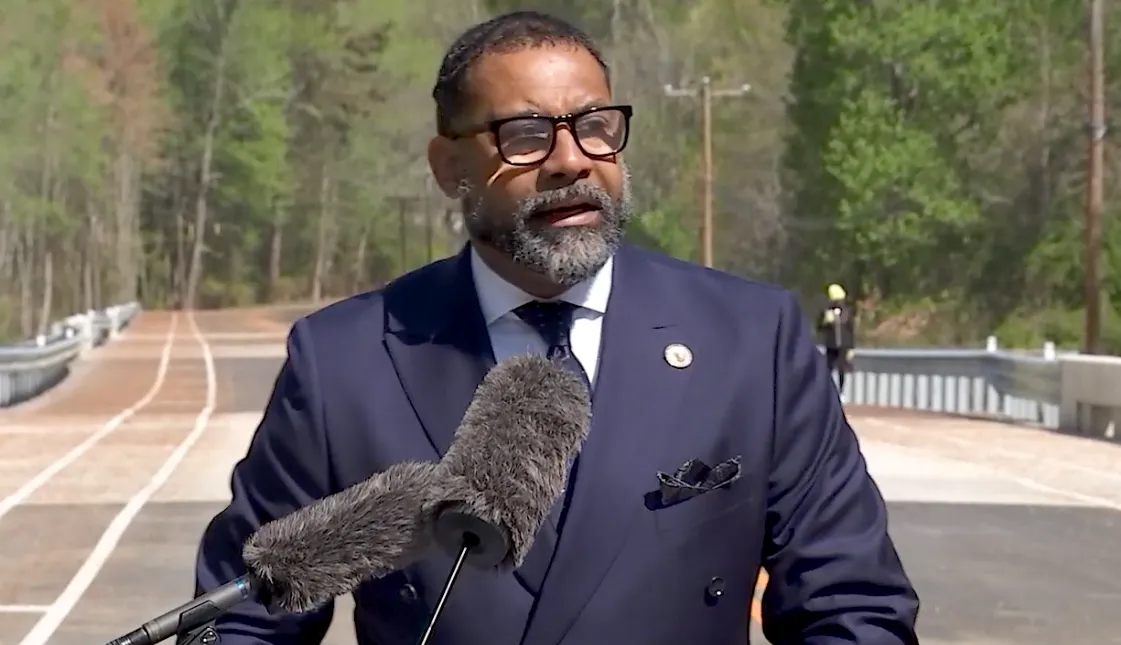Related

Henrico’s Tuckahoe Creek Park to expand, thanks to land donations
The next phase of Henrico County’s Tuckahoe Creek Park is beginning to take shape, buoyed by the donation of about 30 acres of land by two Henrico companies. The contribution of about 21 acres by The Wilton Companies and nine acres by the nearby Lakewood retirement community will allow
Click here to read more
Henrico Schools proposes new ‘bell-to-bell’ cell phone ban
Henrico Schools officials are proposing a change to the Code of Student Conduct that would require middle and high school students to keep their cell phones tucked away, either in their backpacks or division storage containers, for the entire school day. The division’s current cell phone policy requires middle-
Click here to read more
TSA officers protest in Richmond over the removal of workplace protections
Air travel in Virginia could face growing strain, TSA officers warned Wednesday, as they staged a one-hour protest at Richmond International Airport over the federal government’s decision to strip them of key workplace protections. While operations remained steady during the demonstration, officers cautioned that the rollback could undermine safety
Click here to read more
Fairfield meeting April 21 to spotlight budget, housing, safety, schools
Henrico Board of Supervisors Vice Chair and Fairfield District Supervisor Roscoe D. Cooper III will host a Fairfield District Forum constituent meeting Monday, April 21 to discuss the county’s budget for fiscal year 2025-26 and to share updates on initiatives related to housing and community development, public safety and
Click here to read more